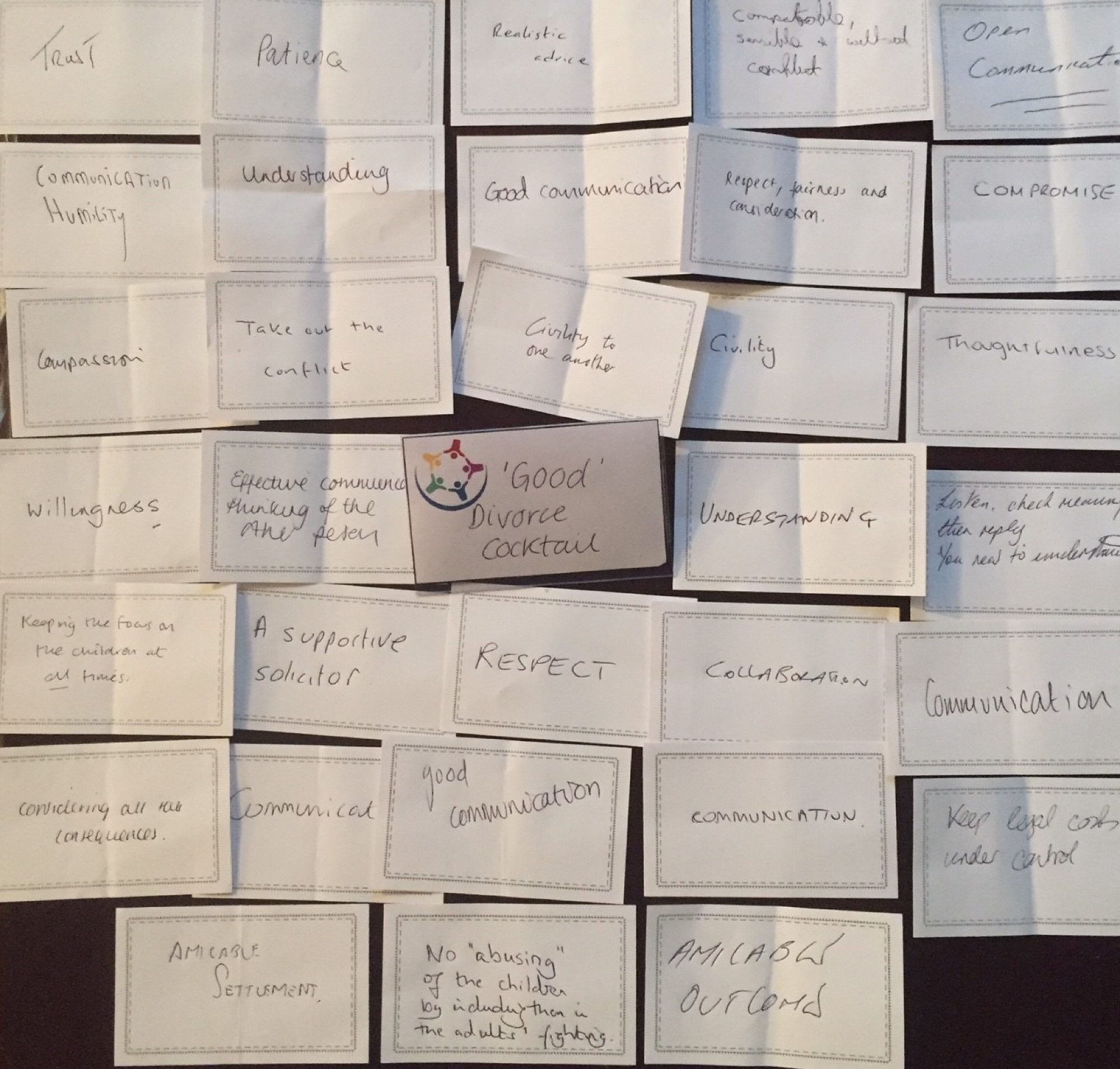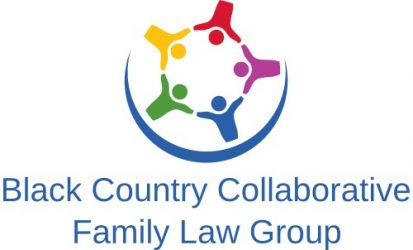I am often asked the question as to whether the circumstances of a particular case would be suitable for a collaborative solution or whether the case if too big or the circumstances not right.
In short, I do not believe that there are many cases, if any, that are not suitable for collaboration, provided that the parties and their lawyers enter into the discussions in the right way.
Recently, I have been involved in a divorce case which has been resolved using the collaborative procedure between two parties with total assets of somewhere between £10 million and £12 million.
This was further complicated by the fact that there was a trading business of which both parties were equal shareholders with some disagreement over the ongoing treatment of this business and its day to day running and operation.
Whilst this kind of case may not for the fainthearted, it is important to remember that with two experienced collaborative lawyers, a case like this is not impossible and can be dealt with.
What helped in this case is that both parties had seen friends go through more “traditional” divorces and witnessed first hand the consequences of litigation and bitter negotiation that only served to increase both the animosity and cost for everyone involved.
What both parties recognised was that they had two children who they both wanted to put first in their consideration’s and both of the parties were sensible and experienced entrepreneurs who could see the benefit of dealing with their divorce in a different way.
Having both instructed experienced collaborative lawyers, the first step was to speak to both parties as to their reasons and motivations, before the collaborative lawyers then spent some time together working out where they saw issues between the parties and preparing themselves for a face-to-face meeting.
Of particular importance was to get the agenda right to the very first meeting.
The reason I say this is that both of the collaborative lawyers recognised the power of getting early agreement. What became apparent quite early was that there were a issues where one or both parties expected there to be disagreement, but it appeared that matters could be resolved quickly by agreement between them. These items went on to the agenda early so that the parties could get used to agreeing things that they might have thought would be difficult.
More challenging matters then appeared towards the middle of the agenda, when the parties had already got into a culture of agreement between themselves.
Whilst I am not pretending for one moment that this was an easy process for either party, or their lawyers, the benefits of reaching agreements in this way are huge.
By both parties preparing well for that first meeting, as well as reaching some really sensible conclusions around the business, around 90% of the case was dealt with and resolved at that first meeting, which of course had a huge impact on the saving of legal and accountancy fees.
Whilst the case is not fully concluded and there are still some finer details to be ironed out, what it does show is that by taking a creative and constructive approach to these kinds of issues, individuals and families can reach fair and lasting solutions in an efficient and cost-effective way by using the collaborative process.
It is my opinion that cases are few and far between that do not fit into this model, provided the willingness is there to enter into this kind of process and the right level of support is provided by the collaborative lawyers and financial neutrals that need to get involved.
Contact details of qualified solicitors in the Black Country area who can provide you with more information on collaborative practice can be found here.


